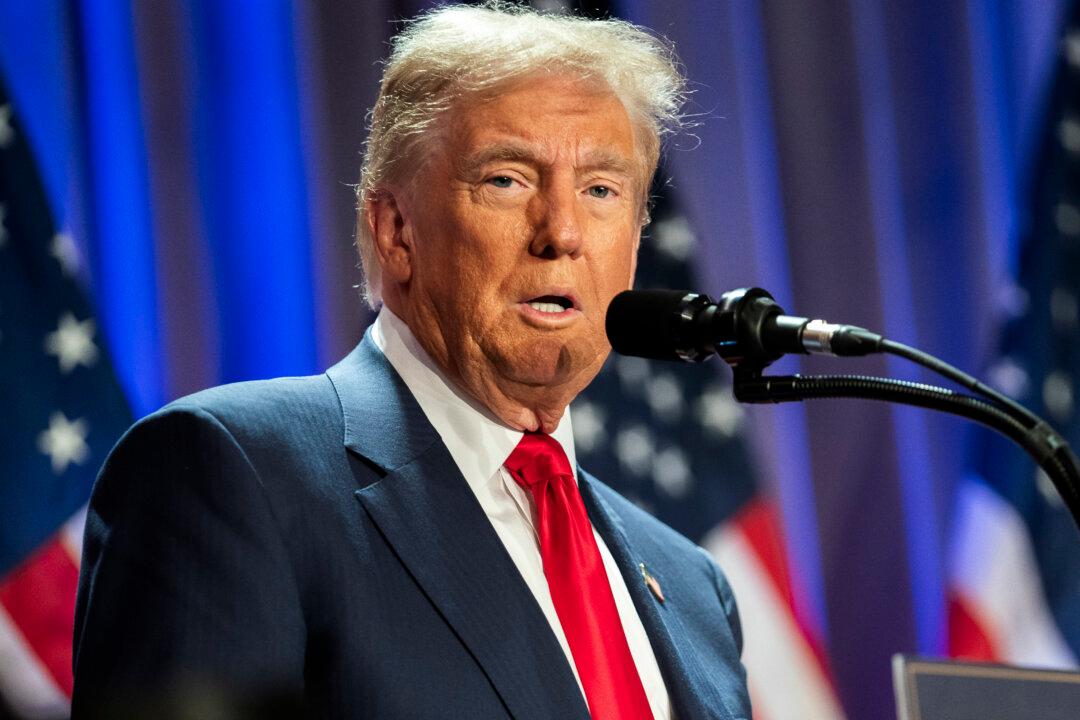President-elect Donald Trump said that “the smartest thing” that Congress could do is abolish the debt ceiling, one day after opposing a deal to fund the federal government before a shutdown.
In a phone interview with NBC News on Dec. 19, Trump suggested that the debt ceiling is meaningless, adding that he would support efforts to abolish it altogether.





